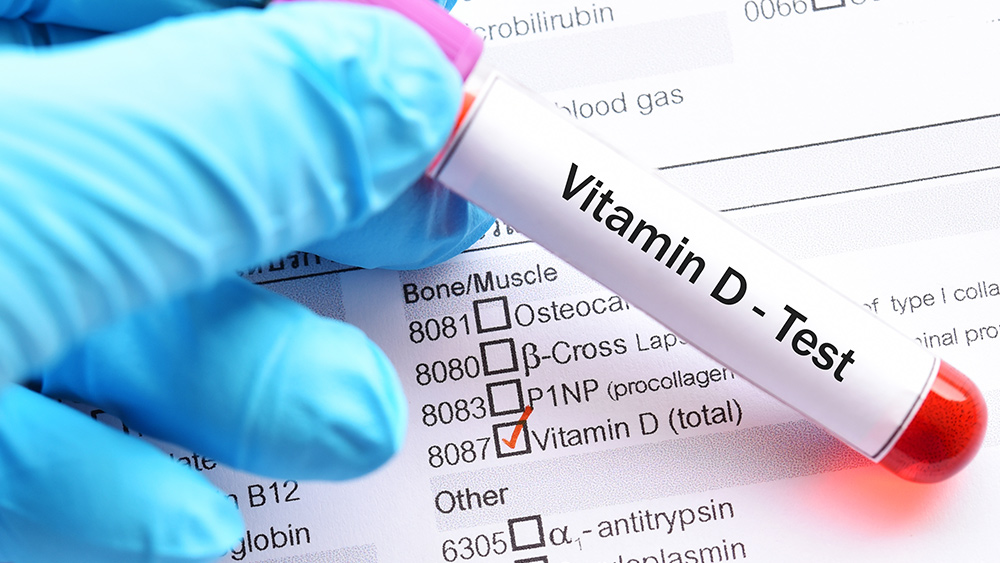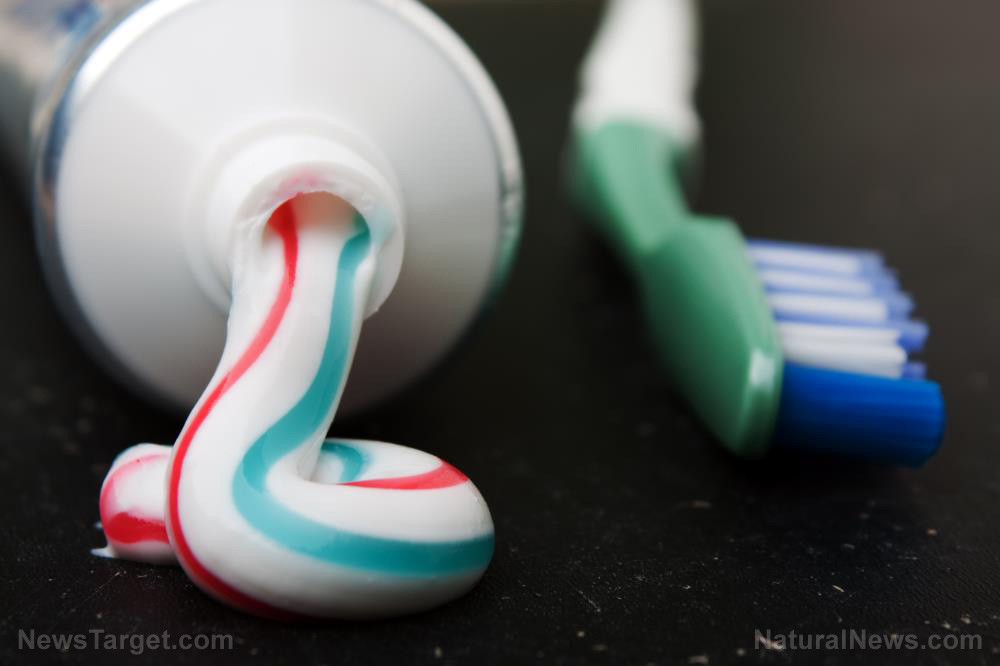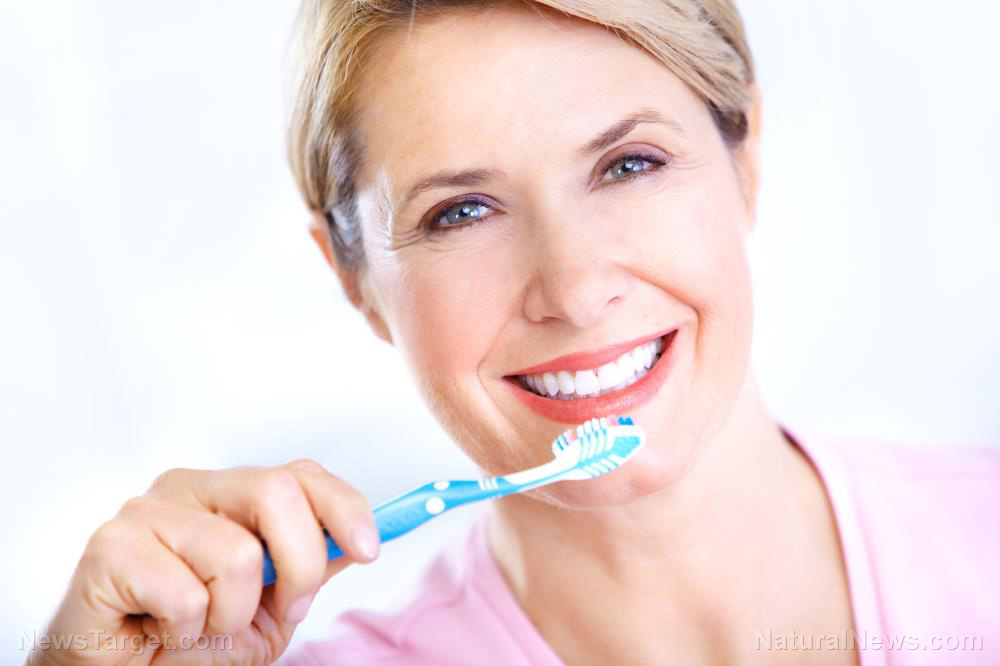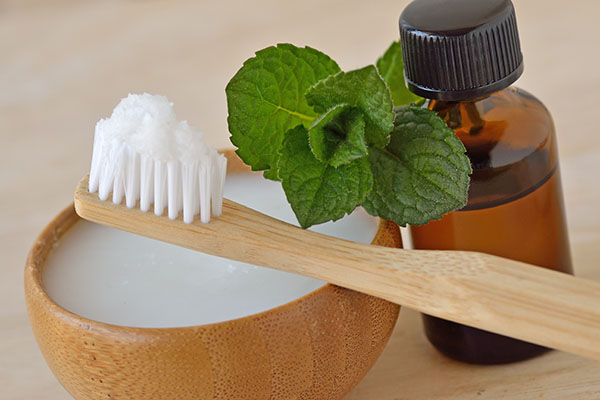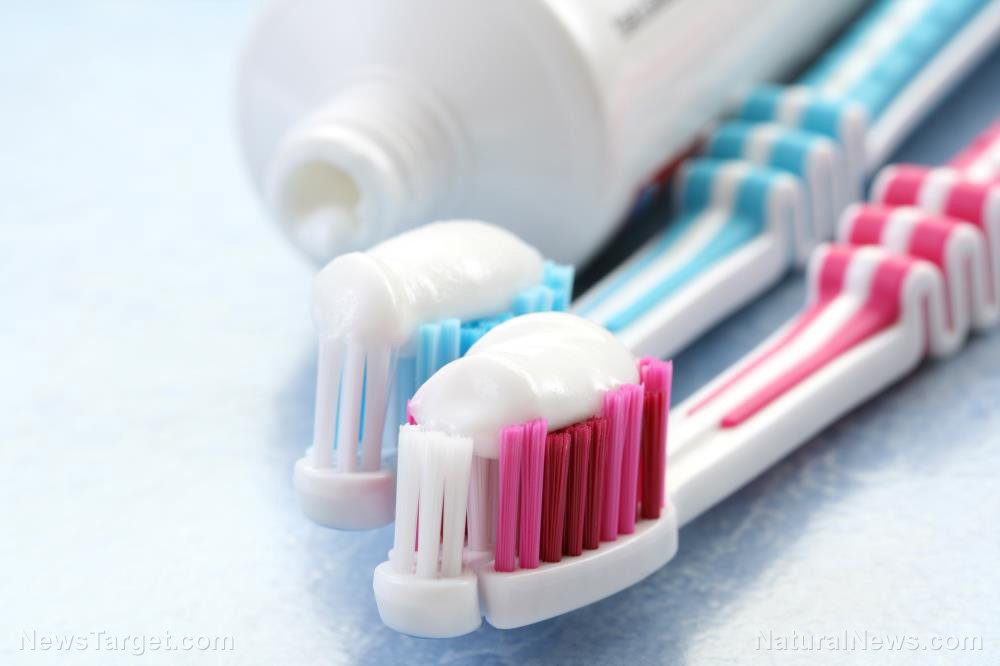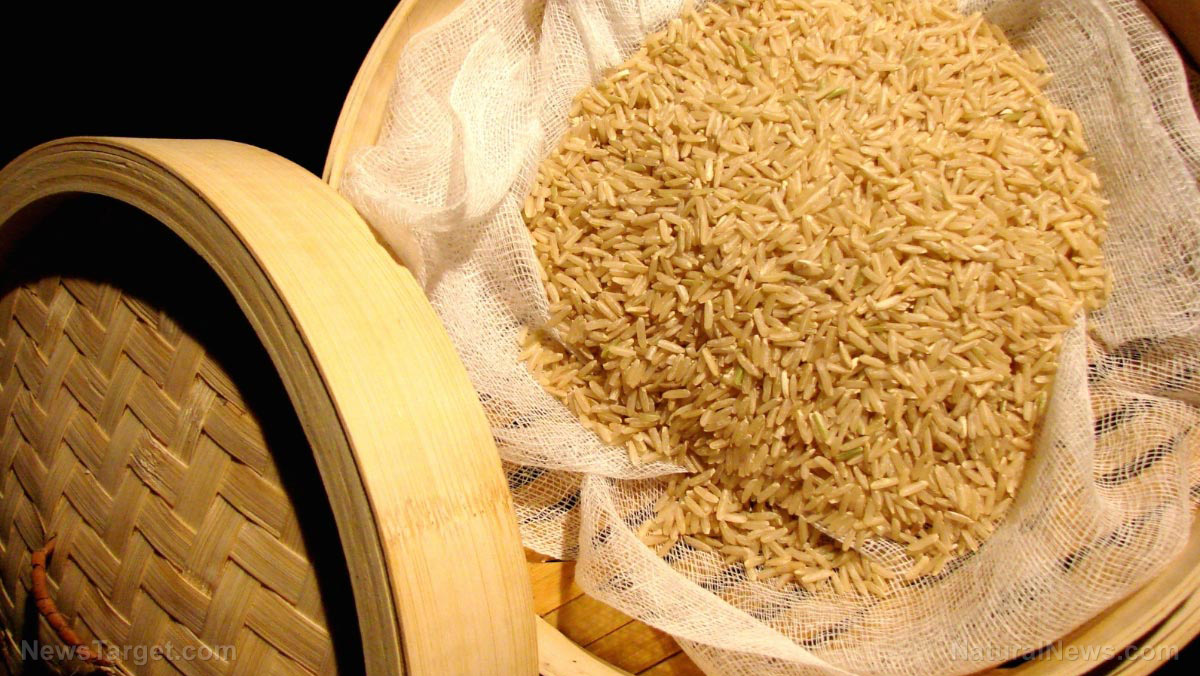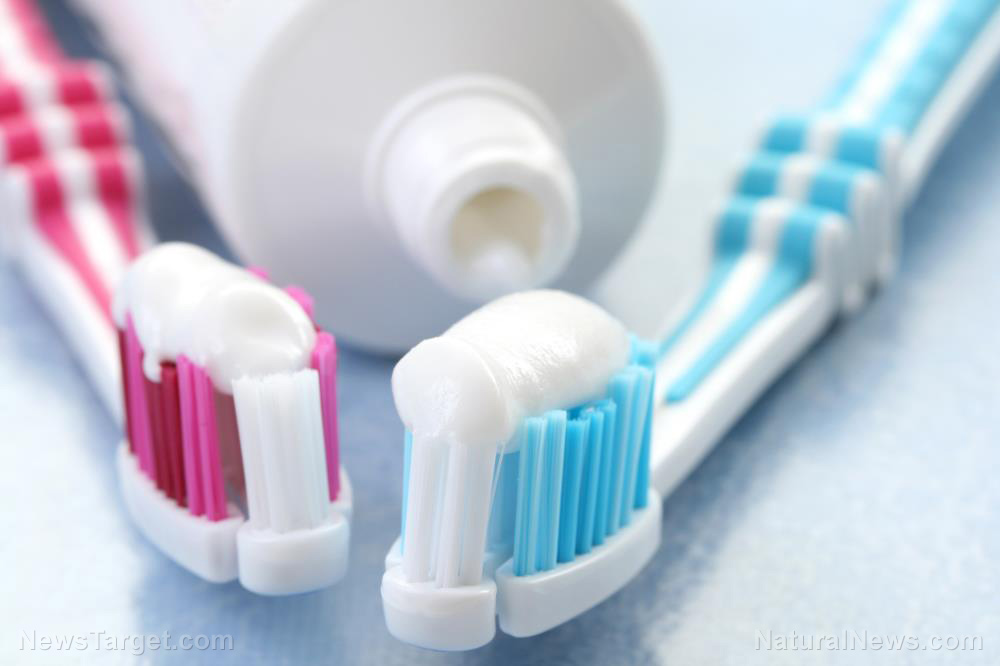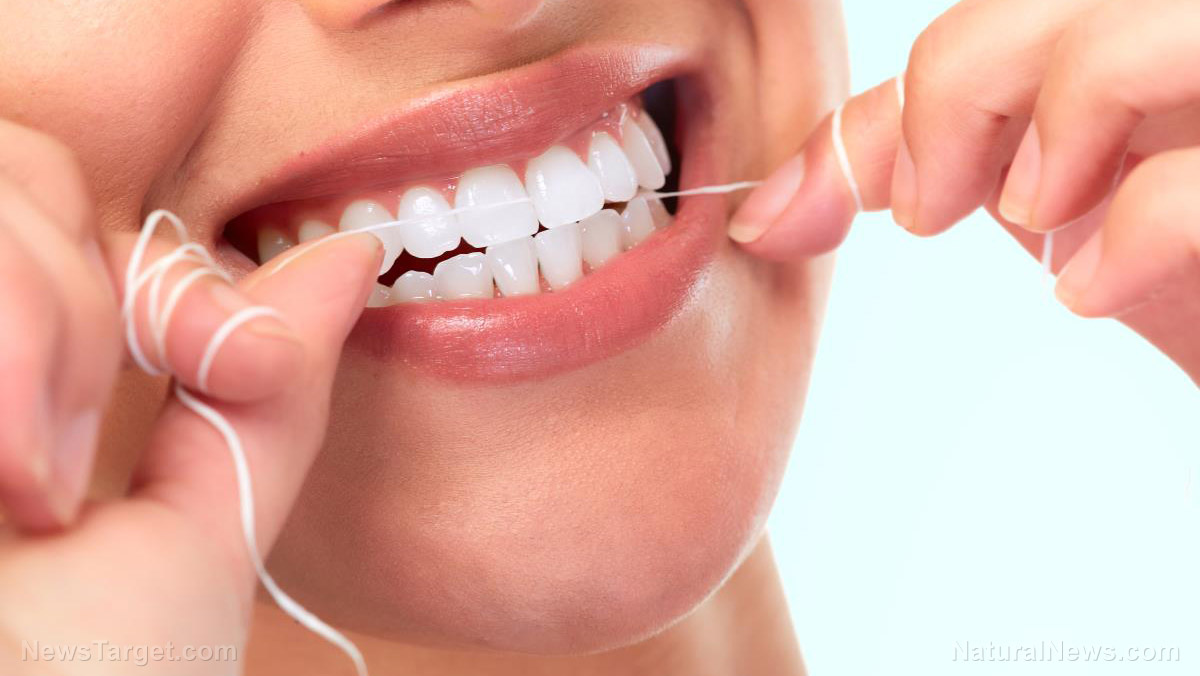Japanese researchers to begin human trials for tooth regrowing drug in early 2024, hope to release drug commercially by 2030
07/13/2023 / By Zoey Sky

Japanese researchers have announced that a unique drug designed to regrow teeth is slated to start human trials early in 2024 with the goal of being able to commercially release the drug by 2030.
Not being able to smile widely due to missing teeth is a sad reality for many people, with some suffering unique genetic conditions that result in the lack of a full set of teeth. If this drug works, it can help benefit the millions of people who are currently using dentures.
The experimental drug was developed by scientists from Kyoto University and the University of Fukui and can be useful for adults who do not have a full set of teeth due to “congenital factors.”
If the drug is successful, it will be the first medication in the world that will allow patients to regrow teeth. The researchers hope that the drug could be rolled out to patients as early as 2030.
Findings from early tests show the drug can help regrow animal teeth
Early tests on animals of the tooth-regrowing drug showed that it helped mice and ferrets regrow their teeth. The research team is hopeful, and there is a chance that the drug can be used more widely in the future.
Japanese media reported that clinical trials for the unique drug are set to begin in July 2024. (Related: Prevent halitosis with good oral hygiene and these natural remedies.)
The drug is an antibody treatment and it works by suppressing the antibody for the USAG-1 gene. Research has revealed that the gene limits the growth of teeth, and suppressing its antibody could help stimulate tooth growth.
During their original breakthrough on rodents in 2021, the research team said they weren’t sure if blocking USAG-1 “would be enough” for the drug to work. Fortunately, their experiments were successful.
The scientists explained that the process can help trigger a “third generation” of teeth in humans, who normally begin with their baby teeth before developing their permanent set as they age.
Dr. Katsu Takahashi, a lead researcher and head of the dentistry and oral surgery department at the Tazuke Kofukai Medical Research Institute of the Kitano Hospital in Osaka, shared that the idea of growing new teeth is “every dentist’s dream.”
Takahashi added that he has been working on the tooth-regrowing drug since he was a graduate student because he was confident that he would “be able to make it happen.”
He has been working on this research at Kyoto University as early as 2005. He discovered that in mice, the gene USAG-1 affected the growth of their teeth.
Takahashi believes the new medicine could also be used as another option for people who don’t have a full set of teeth. If successful, the tooth-regrowing drug can be offered as a third choice for patients, together with dentures and implants.
After the medicine undergoes the necessary tests, the scientists shared that they want it to be used to treat children ages two to six who have signs of anodontia.
“We hope to pave the way for the medicine’s clinical use,” concluded Takahashi.
Visit Dentistry.news for more information about remedies that can help boost oral health.
Watch the video below to learn how coconut oil can help support healthy teeth and gums.
This video is from the Health Ranger Store channel on Brighteon.com.
More related stories:
People are losing their teeth and dentists say the cause could be COVID “vaccines.”
Study: Poor oral health linked to rheumatoid arthritis.
Hidden epidemic: Oral infections and how to prevent them.
Toxic ingredients in oral care products linked to health issues.
Sources include:
Submit a correction >>
Tagged Under:
anodontia, Clinical trials, dentistry, dentures, health science, missing teeth, oral health, oral hygiene, real investigations, research, teeth, teeth regrowth, USAG-1
This article may contain statements that reflect the opinion of the author
RECENT NEWS & ARTICLES
Oralhealth.News is a fact-based public education website published by Oralhealth News Features, LLC.
All content copyright © 2018 by Oralhealth News Features, LLC.
Contact Us with Tips or Corrections
All trademarks, registered trademarks and servicemarks mentioned on this site are the property of their respective owners.



